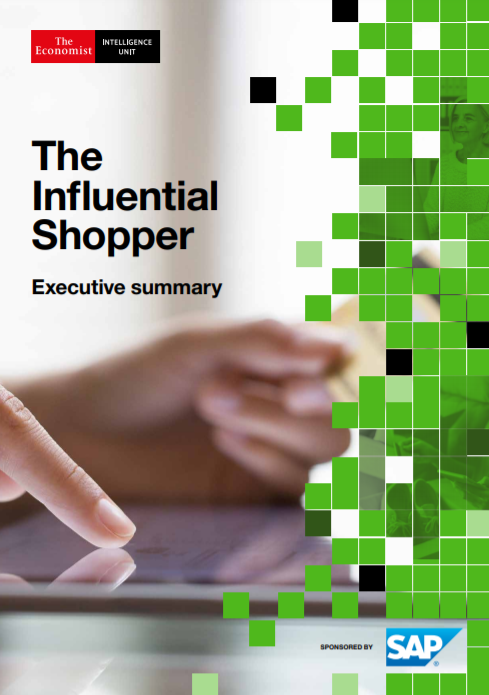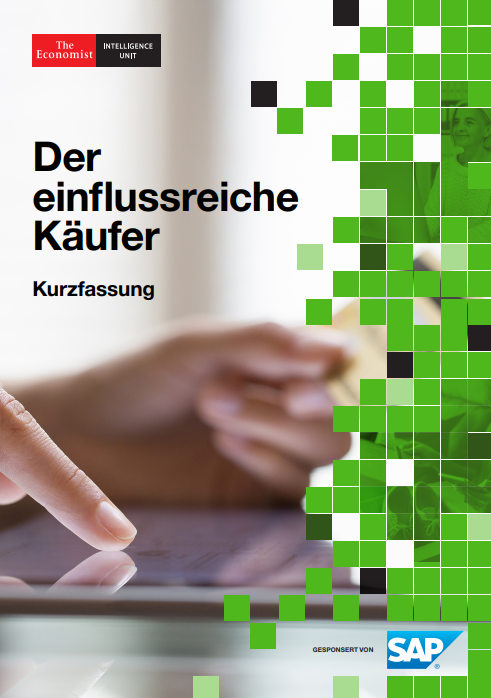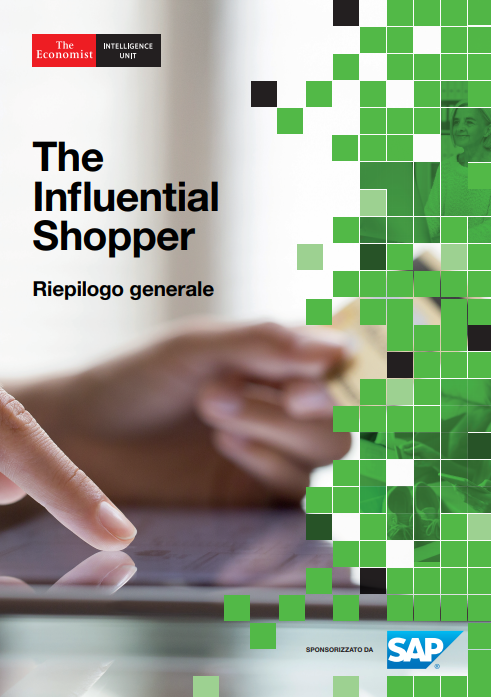The research examines consumer spending trends by generational cohort since the start of the Covid-19 pandemic, with a focus on online spending. It explores which generational cohorts are driving online spending and what products they are buying. Importantly, the research seeks to establish whether these groups will stick with their online shopping habits once pandemic-related restrictions ease. As part of this, the research explores what consumers value in their online and in-store shopping experiences.
For brands and retailers, these trends in online shopping will be essential for identifying opportunities to expand their market share online and for rebuilding their business strategies for post-pandemic recovery.
This research programme is based on a survey of over 4,000 consumers in the US (2,052), Germany (507), the UK (511), Italy (516) and Spain (518), with quotas for each generational cohort. The survey was conducted in September 2020. Respondents were from four cohorts: Baby Boomers (those born in 1946-1964), Generation X (1965-80), Millennials (1981-1996) and Generation Z (1997- 2010). For each product category, the survey captured spending levels before and since the start of the pandemic as well as preferred shopping channels before the pandemic, during the pandemic and once restrictions ease.
This information was then modelled to calculate average spending online by generational cohort across channels and product categories. All references to expenditure in this executive summary are based on figures reported by respondents in our survey.
Quantitative insights from the survey and model were supplemented with insights from in-depth interviews with senior executives at consumer brands and retail companies as well as academics with expertise in consumer behaviour.
This executive summary presents the key findings across all five countries included in our survey and is accompanied by country deep dives and industry reports.
Introduction
As the initial panic and disruption that marked the early weeks of the Covid-19 pandemic began to subside, it quickly became clear to those in retail that the sector was undergoing a profound transformation. Pandemic-related lockdowns and social-distancing measures aimed at slowing the spread of the virus meant that access to in-store shopping was severely restricted. As a result, many consumers turned to online shopping to obtain both essential and non-essential items, thus dealing traditional bricks-and-mortar shopping a deep shock.
Our research, based on survey of over 4,000 consumers conducted in September that captures spending levels and habits in January-March and June-August 2020 in the US, Germany, the UK, Italy and Spain, provides the following evidence of this shift to online shopping and uncovers trends by generational cohort:
- Although overall monthly retail expenditure in the countries surveyed declined by 9% from January- March to June-August, online spending increased by 15% on average.
- Millennials dominate online spending. In the period June-August, they reported spending 2.5, 1.5 and 1.3 times as much online as Baby Boomers, Gen X and Gen Z, respectively. In the same period, Millennial respondents also reported that 53% of their total purchases were made online.
- But it is Baby Boomers surveyed who demonstrated the biggest shift online since the start of the pandemic, increasing their online spending as a share of their total spending from 25% to 37%, followed by Gen X, who increased their share of online spending from 39% to 47%.
- During the pandemic, online shopping for essential products such as groceries and cleaning supplies has become more deeply entrenched, with average monthly expenditure increasing by 78% and 49% respectively for the two categories.
- For non-essential products typically bought in-store, such as clothing and consumer electronics, there is growing usage of online shopping, with online purchases as a share of total purchases increasing by 11 and 10 percentage points, respectively for the two.
- Once restrictions ease, new online shopping behaviours look likely to continue among younger cohorts (Millennials and Gen Z) but are less likely to persist for older cohorts (Baby Boomers and Gen X), who place a higher value on the ability to bring products home right away. Online spending as a share of total spending is expected to decrease by 9 and 6 percentage points respectively for Baby Boomers and Gen X, but by only 4 percentage points for younger cohorts.
The shift to online shopping, especially among older cohorts, presents a unique opportunity for brands and retailers to engage new online customers in ways they never could before. Understanding these trends is vital to crafting strategies for short-term resilience, medium-term recovery and long-term growth.
As brands expand their digital presence in response to increased customer familiarity and comfort with online shopping, they will need to remain agile to respond effectively to evolving consumer habits, enhance the customer experience they offer to stay competitive, and employ personalised engagement (including digital marketing) strategies to retain customers online.
Click below to download the report:
| English | German |
| Spanish | Italian |
| Click here to view The Influential Shopper: Data Exploration Tool |











